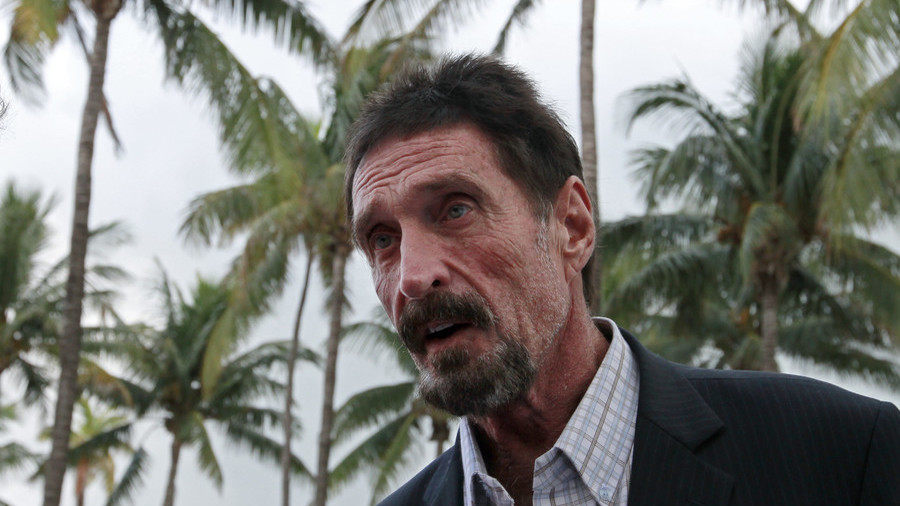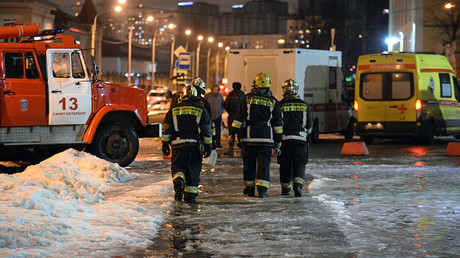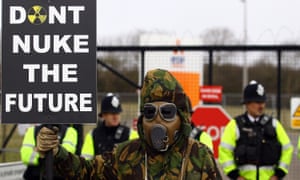Moscow ready to repair ties with US despite ‘regrettable’ security strategy – Ambassador to US

Moscow is ready to “build bridges” with Washington despite the new US national security strategy, which designates Russia as a threat to US security, Russian Ambassador to the US Anatoly Antonov said.
“We have carefully studied this strategy... we will probably continue scrutinizing all the words and expressions mentioned there, our magnifying lens in hand. I can only say this: the first impression of it is that this strategy is highly regrettable. Regrettable in the context of the Russia-US relations. We see many flawed points in it, but we are ready to work and build ties with the United States, regardless of this, I should say, unfriendly strategy, which the new of national security strategy really is,” he said in an interview with RTVi on Friday.









/arc-anglerfish-arc2-prod-mco.s3.amazonaws.com/public/UHURZVYTONG23ILVV6HS4GBCW4.jpg)
















/arc-anglerfish-arc2-prod-mco.s3.amazonaws.com/public/MVNTOJPYPJD5LGN2KIWEH3CYZU.jpg)
/arc-anglerfish-arc2-prod-mco.s3.amazonaws.com/public/ZPFLKMDSD5CZ3JBVLZPFA3QABA.jpg)
